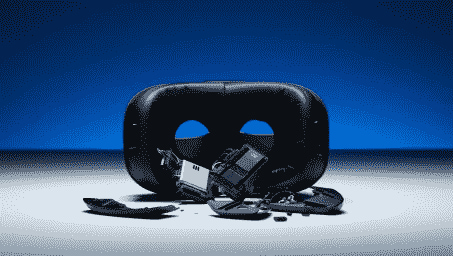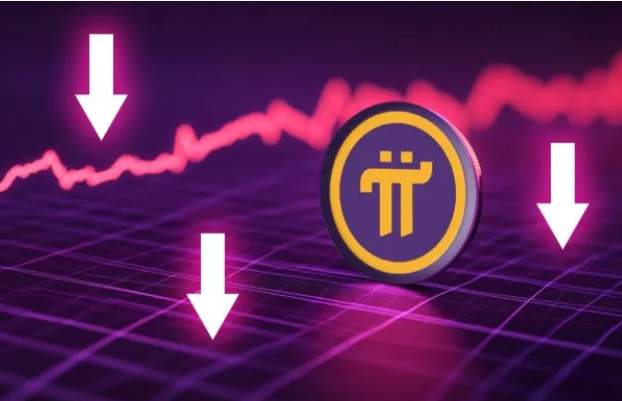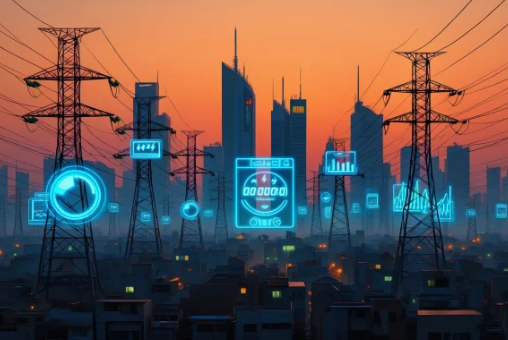Two former safety researchers from Meta have come forward with serious allegations against the tech giant, claiming it concealed evidence of potential child harm linked to its virtual reality (VR) platforms. Speaking before a U.S. . The hearing followed a Washington Post report suggesting that Meta’s legal team had interfered with safety research to prevent red flags from surfacing.
Meta, which owns Facebook, Instagram, and WhatsApp, has firmly denied the claims. The company dismissed the allegations as “nonsense” and attributed them to “selectively leaked documents designed to construct a misleading narrative.”
According to the whistleblowers, Meta instructed researchers to avoid conducting studies that could generate evidence of child harm through its VR products. Sattizahn, who worked at Meta between 2018 and 2024, told senators that the company’s public response was intentionally evasive and misleading. He argued that Meta had been “manipulating and pruning” internal research to avoid accountability.
Savage also shared troubling discoveries, including evidence of coordinated pedophile networks operating on the Roblox app—a platform hosted on Meta’s VR headsets. She claimed children were being paid in Robux, the in-app currency, to perform sexually explicit actions. Despite raising red flags, she said Meta allowed Roblox to remain available on its VR store.
Roblox has strongly rejected the accusations, calling them outdated and inaccurate. The company emphasized its ongoing efforts to remove harmful content and bad actors through rigorous 24/7 moderation and cooperation with law enforcement.
Meta highlighted its existing parental controls on Quest and Horizon Worlds, yet these safeguards were criticized during the hearing. Senator Ashley Moody admitted she had difficulty locating the settings, saying even someone with her tech awareness needed her child’s help.
Sattizahn and Savage join a growing list of former Meta insiders raising ethical concerns. In 2021, whistleblower Frances Haugen revealed internal research showing Instagram’s harmful impact on teens—accusations that CEO Mark Zuckerberg has denied, despite repeated






